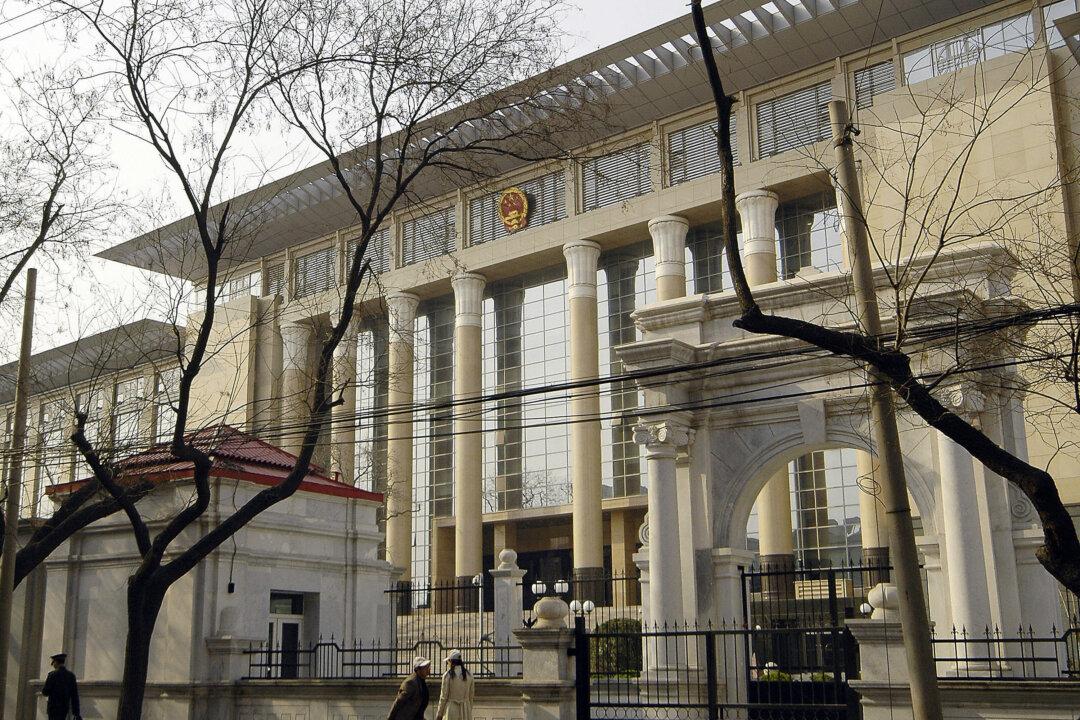Zhou Jiangyong, a former party secretary in China’s communist regime, pleaded guilty in an April 27 court hearing to crimes of collecting nearly 200 million yuan ($28.91 million) in bribes over some 20 years in his official roles. The verdict is set to be announced soon.
Sacked in 2021 from his position as secretary of the Hangzhou Municipal Party Committee, Zhou stands accused of “colluding with capital investors,” trading power for personal interest, family corruption, and illegal intervention in the economy, judiciary, and law enforcement.




